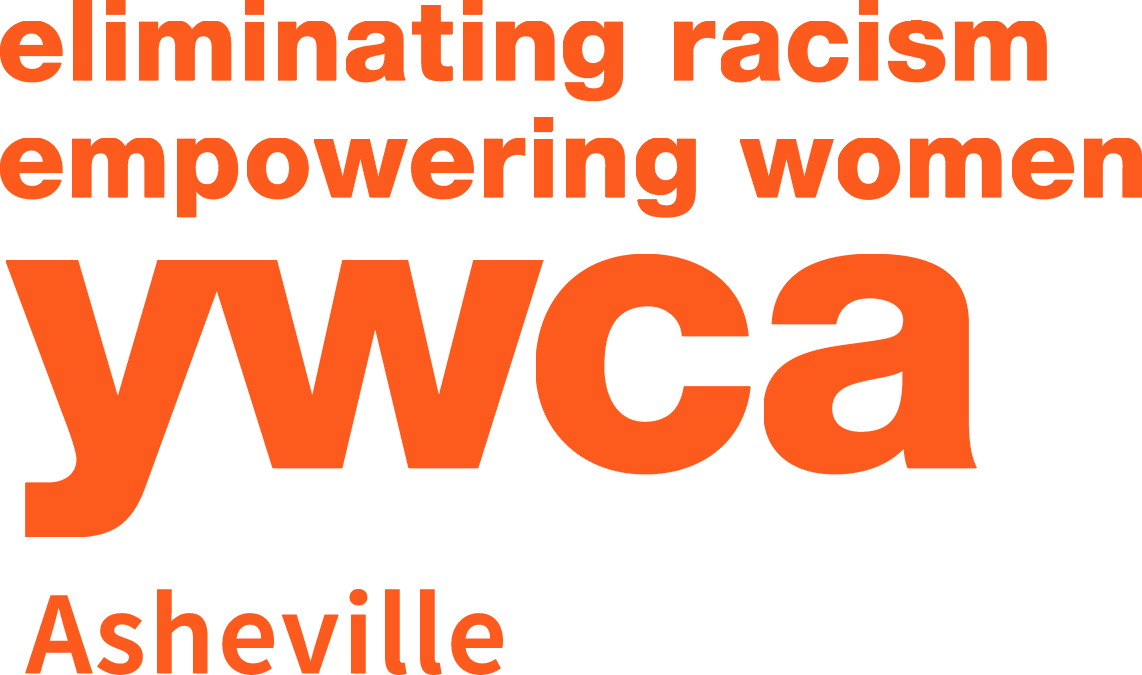YWCA Statement on Dobbs v. Jackson Women’s Health Organization
June 24, 2022
In a devastating blow to the reproductive rights of women, girls, and childbearing people, the Supreme Court issued a ruling this morning in Dobbs v. Jackson Women’s Health Organization that overrules Roe v. Wade and allows states to restrict or ban abortion. For over 50 years, YWCA has advocated for reproductive justice and a woman's right to make decisions about her own body. At the 1967 convention, YWCA adopted this statement:
"A Woman has the right to choose in the matter of abortion based upon her own religious and ethical beliefs and her physician's guidance."
Since that time, YWCA has consistently and strongly defended the rights of women and girls to have autonomy over their own bodies.
Today, YWCA of Asheville and WNC stands in solidarity with nearly 200 local YWCA associations and with YWCA USA in the belief that women and other childbearing people should have control over their own bodies. We are committed to protecting the status of other constitutional rights, such as those protecting marriage equality, intimate relationships, and the right to contraception, all of which are placed in jeopardy by this landmark decision.
Today, we stand in solidarity with YWCA USA CEO, Margaret Mitchell, who released the statement below.
“In issuing this decision, the Supreme Court of the United States has overturned more than 50 years of legal precedent, including its own, and has chosen to ignore the expertise of medical professionals, the clear will of the public, and the wisdom, dignity, and ability of all people who are able to become pregnant to make their own decisions about their bodies.We are not shocked to learn that the Court has taken this shameful path, but it is nonetheless a gut-wrenching blow that will do deep, long-term harm to the economic stability, education, mental and physical health–and everything in between–of women and people who can become pregnant. This decision is particularly harmful to women and people of color, who are already marginalized in our healthcare systems and other institutions thanks to long legacies of structural sexism and racism. In states that have already passed so-called ‘trigger laws’ and other policies to ban or restrict abortion, we know that this decision will have an immediate and disproportionate impact on low-income women who already faced serious barriers to care and who are less likely to be able to take time off of work or travel across states or to other nations to legally access abortion care.As the nation’s largest network of domestic abuse and sexual assault service providers, YWCA is deeply concerned about the implications of this decision in the context of well-documented links between access to abortion and intimate partner violence. In the United States, complications from pregnancy and childbirth are a leading cause of death for pregnant and postpartum women–and here again, it is women of color who will bear the burden of this Supreme Court decision: Women of color are more likely to suffer from intimate partner violence than their white counterparts, and Black women in particular face a maternal health crisis that leaves them at four times greater risk of dying due to a pregnancy-related death. Moreover, unintended pregnancies that result from pregnancy coercion and contraception sabotage by intimate partners are very real dangers in the context of domestic violence. While not all victims of abuse seek abortion care, the ability to have an abortion – or not – can have dire impacts.We, and our communities, deserve better. We deserve leaders who trust pregnant persons to know what is right for their own bodies and lives. We deserve to live free from the threat of being criminalized for making decisions about our health, lives, and families. Bodily autonomy and the right to have an abortion are fundamental rights, despite what this Court has ruled. YWCA USA applauds the District of Columbia and the sixteen states that have already passed laws to protect abortion in their jurisdictions and we vow to continue fighting back via any and all legislative paths.”
